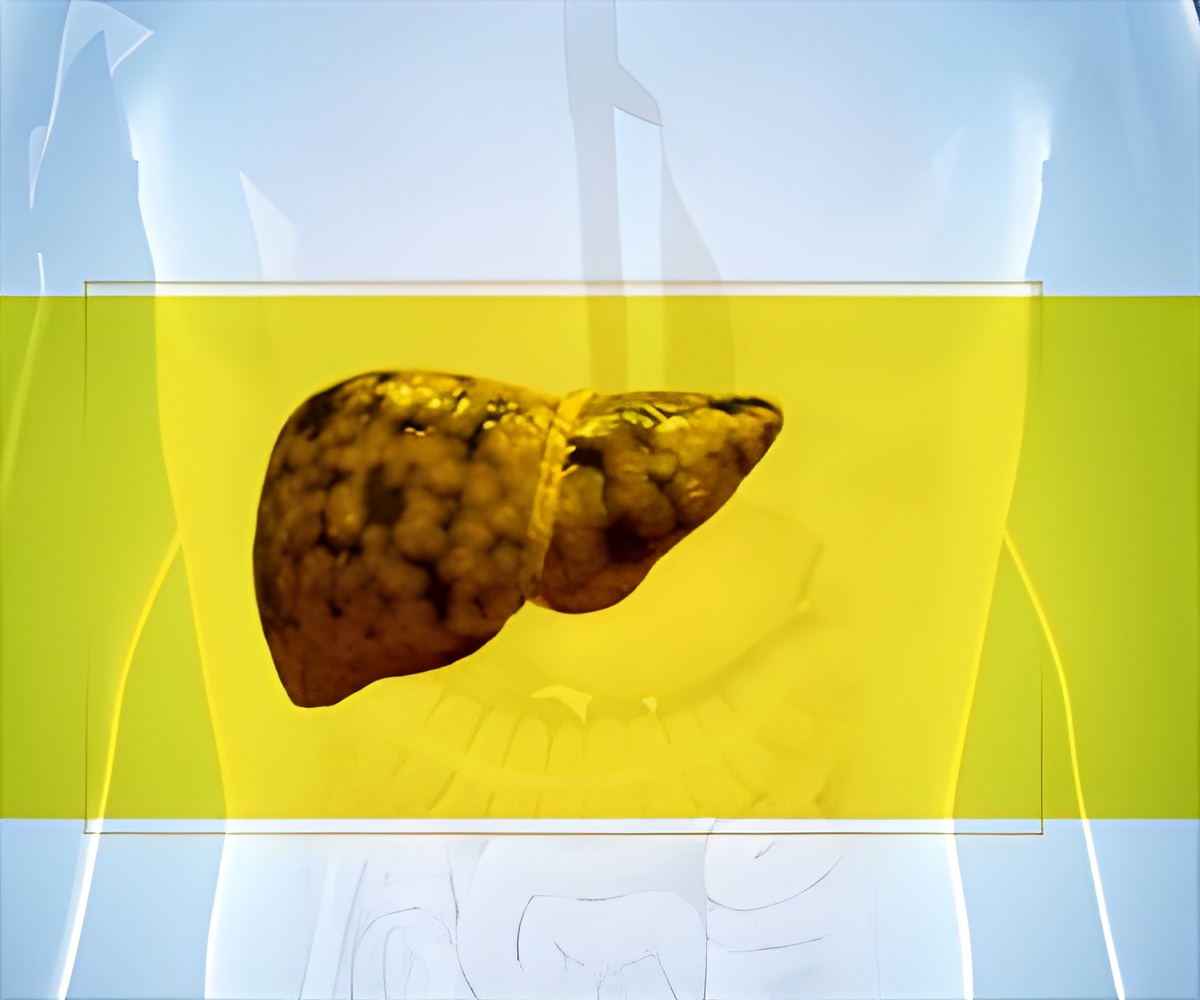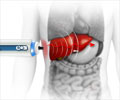Redefining non-alcoholic fatty liver disease (NAFLD) into Metabolic Associated Fatty Liver Disease (MAFLD) will better reflect its causes and improve public health initiatives, reports a new study.

‘MAFLD is a condition characterized by a build-up of fat in the liver and affects over one billion people.
’





Associate Professor Mohammed Eslam, the co-lead author of the paper, said, "Since it was first described in 1980, we haven't revisited the appropriateness of the name, or the criteria used to diagnose fatty liver disease. "By updating terminology and definitions, we can shift towards more precise and personalized treatment pathways, trial design, and drug development."
Professor Jacob George, the co-lead author of the paper, said, "Initially, the disease was defined as fatty liver in the absence of significant alcohol intake. This definition was problematic and has resulted in a 'one-size-fits-all' approach to treatment, despite the significant variation we see in people affected by the disease.
"This may be one of the reasons why we see relatively low response rates in our current trials.
"The proposed name and definition recognizes that the disease we are looking at is associated with metabolic dysfunction. It also acknowledges that there are multiple overlapping causes and drivers of the disease."
Advertisement
"Ultimately, we hope that by strengthening the diagnostic criteria and language surrounding MAFLD, we can help reduce the progression of the disease, and reduce the number of people affected worldwide," Professor George concluded.
Advertisement















